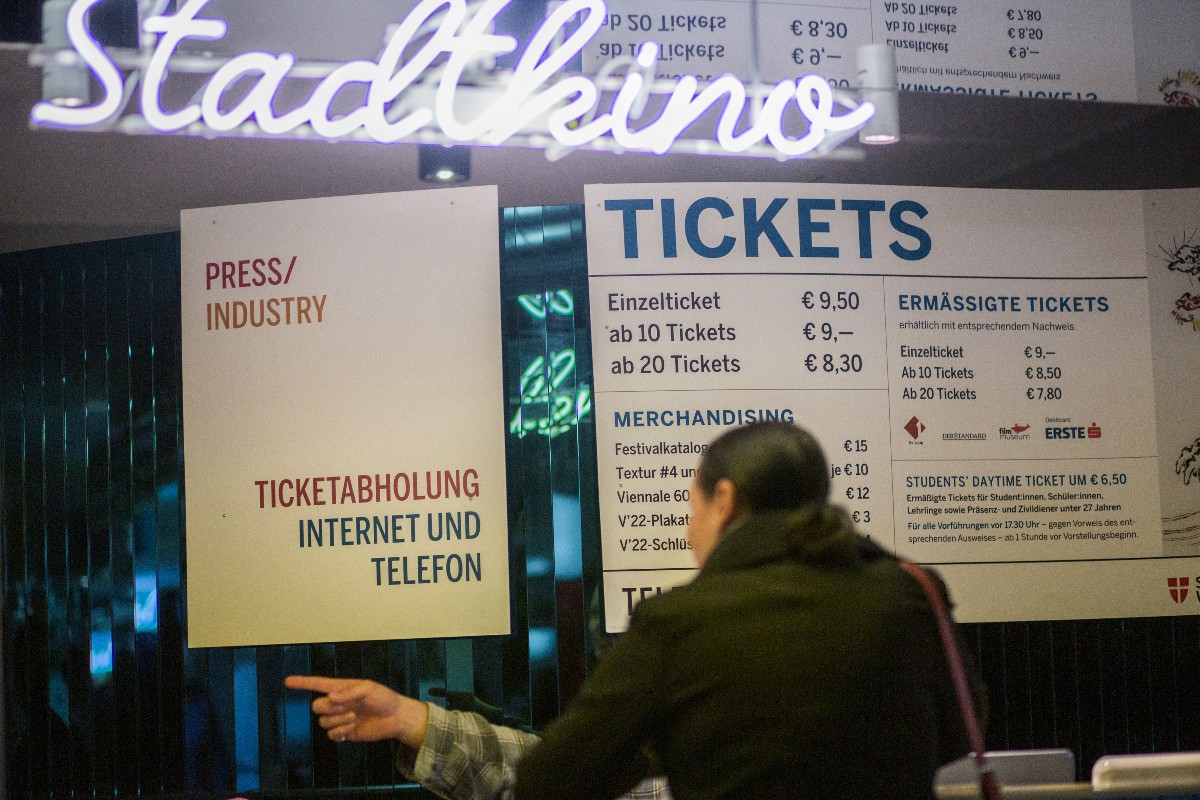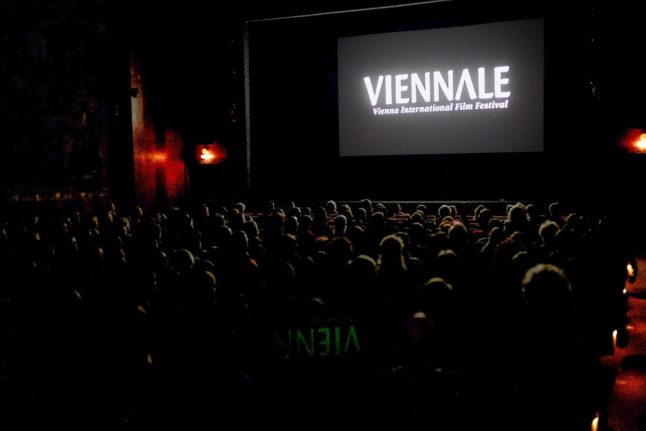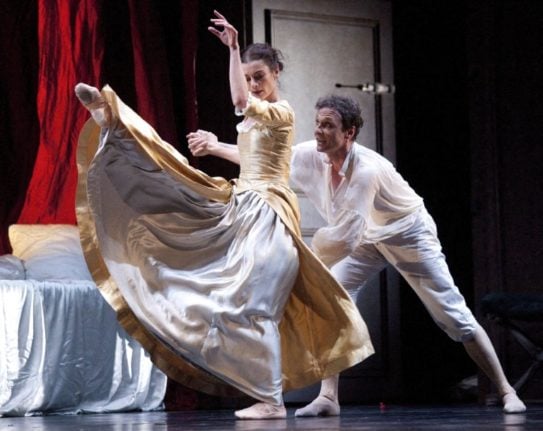What is the Viennale?
The Viennale is Vienna’s annual international film festival. It takes place every year in October and attracts around 92,000 visitors.
The first ever event was held in 1959, although it was simply known as a celebration of the most interesting films from that year. It was organised by Austrian film journalists who were tired of the domestic film scene at the time, described as a “cinematic wasteland” on the Viennale website.
In the years that followed, the event became known as the Festival of Cheerfulness with a focus on comedies, before it moved towards the format that we see today.
The Viennale is now Austria’s largest international film festival and awards several prizes at the gala closing ceremony every year.
In 2023, the event runs from Thursday, October 19th to Tuesday, October 31st.
READ ALSO: Caffeine, war and Freud: A history of Vienna’s iconic coffee houses
What are the highlights of this year’s festival?
The annual international film festival will include feature films from all over the world including Austria, Chile, Argentina, France, Belgium and the USA – to name but a few.
Venues include Gartenbaukino on Parkring, Stadtkino im Künstlerhaus on Akademiestrasse, and the Österreichische Filmmuseum on Augustinerstrasse. Kunsthalle will also be used in the festivities.
“It’s a festival for the city,” Viennale’s artistic director Eva Sangiorgi said when announcing this year’s line-up.

The 61st edition of the festival has a range of showings featuring old favourites and newcomers. The focus this year is on Chilean cinema, with the retrospective dedicated to late Chilean filmmaker Raúl Ruiz, whose work – much of which was experimental – is still relatively unknown.
Ruiz was born in Chile in 1941 but went into exile in France after the 1973 military coup by Augusto Pinochet.
The festival’s cinematography section will show films by renowned Chilean directors as well as less well-known filmmakers.
Meanwhile, the histography part of the festival will focus on James Baldwin.
Additionally, several English language films will be screened at the festival, including Priscilla by Sofia Coppola, She Came to Me by Rebecca Miller, Blackberry by Matt Johnson, All of Us Strangers by Andrew Haigh, the Holdovers by Alexander Payne as well as the Joan Baez documentary ‘I am Noise’.
However, many films are shown with English subtitles so check the programme.
A host of special guests are set to visit the festival for talks, including French actress Catherine Deneuve on October 26th.
The Vienna Film Prize, an award sponsored by the City of Vienna, is given to a current Austrian feature film that has been screened in the past year. In addition to the prize for the best Austrian film, there’s also a Special Jury Prize.
These awards take place during the closing gala of the Viennale on the evening of October 31st.
When and where can I buy tickets?
Tickets are already on sale and can be bought online, by phone or at the Gartenbaukino box office on Parkring.
Tickets can also be purchased at the festival cinemas. A wait list will be in place for sold out screenings.
For online ticket sales, you have to register in advance at the festival website, viennale.at.
A single ticket costs €10.50 and there is a special rate of €7.50 for daytime tickets for some members of the public including pensioners and students.
You can download the pocket guide here.
With reporting by Hayley Maguire



 Please whitelist us to continue reading.
Please whitelist us to continue reading.
Member comments